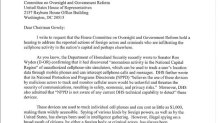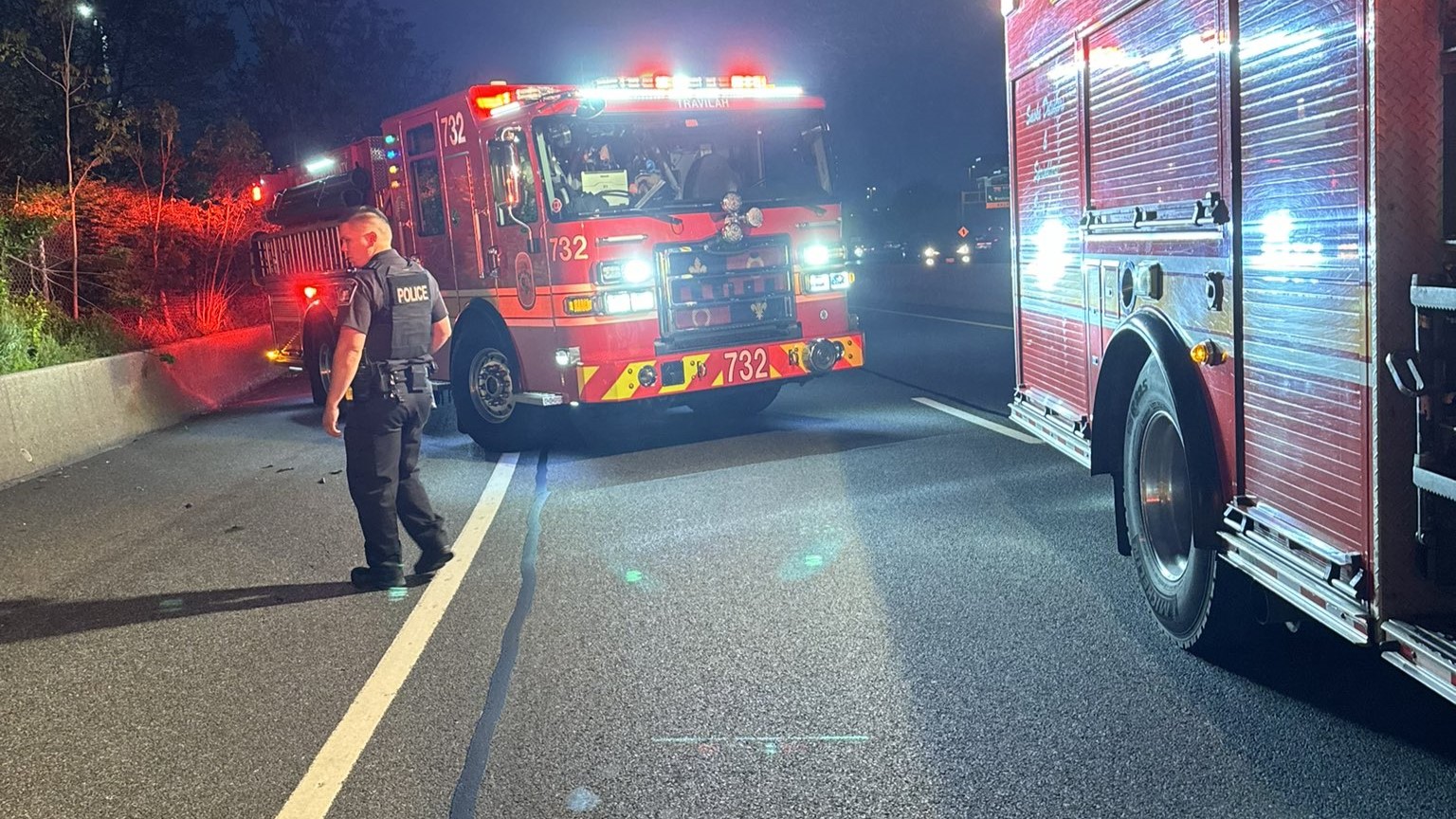Washington, D.C.'s delegate to Congress just sent a letter to the chairman of the House Oversight and Government Reform Committee calling for a hearing on our nation's cellphone security after learning of rogue spy devices found in the District.
Congresswoman Eleanor Holmes Norton is a senior member of the committee and wrote to committee Chairman Trey Gowdy requesting the hearing "to address the reported actions of foreign actors and criminals who are infiltrating the cellphone activity in the nation's capital and perhaps elsewhere."
Norton said the hearing is "critical to ensuring that everything possible is being done to protect the privacy rights of American citizens."
The spy technology mimics a cellphone tower and tricks nearby phones into connecting to it, enabling the device operator to track a phone user's location and intercept calls.
On Tuesday, Norton told the News4 I-Team she was concerned about a recent revelation from the Department of Homeland Security in response to questions from an Oregon Senator. DHS said the rogue devices were detected sometime last year but did not disclose how many were found or their specific locations. The agency also didn't determine who was operating the devices.
"I think the federal government is implicated in wanting to protect their own ability to overhear everything everywhere, are not protecting their own citizens who also are being overheard," said Norton.
DHS said "malicious use" of cellphone site simulators in the DC area is a "a real and growing risk."
Local
Washington, D.C., Maryland and Virginia local news, events and information
The technology, sometimes referred to the by the brand name StingRay, can be as small as a suitcase. It can be driven into a target area and basically mimics the signal of the closest cellphone tower to trick nearby phones into connecting to it instead.
DHS says the spy technology may threaten national and economic security.
"Whatever your secrets are, they're all out there," said Norton. "Nobody that I know, at least not the average person, is encrypting their devices so as to keep or maintain their own privacy."
Prior controversy surrounded law enforcement use of similar technology and the ability to track people and conversations without a warrant. But this is the first time the federal government has publicly confirmed it found unauthorized devices.
Norton told the News4 I-Team it stands to reason that other countries would be using the technology to spy on us. After all, it's long been used by American intelligence and law enforcement agencies, including the District's Metropolitan Police Department.
"I don't think there's any way of keeping foreign governments from trying to spy on us or, for that matter, us trying to spy on them," said Norton. "But I do think the federal government has an obligation to protect the privacy of its own citizens, and that is where it is at fault."
She worries about local residents who live near government buildings or the thousands of high-ranking officials and military members who live in the capital region. The technology can harness info from hundreds of cellphones at a time.
In a study on mobile device security published last year, DHS also warned these rogue devices could keep cellphones connected to them from making emergency calls. The report says, "If this type of attack occurs during an emergency, it could prevent victims from receiving assistance from public safety services and first responders."
Norton said the federal government needs to demand more security from the cellphone industry.
"They're not going to undertake what to them may be costly measures unless they have to do so," she said. "The federal government isn't holding them accountable, and therefore they're doing nothing."
She also believes Congress and the federal government have "an obligation at least to warn residents about the risks of eavesdropping and encourage them to adopt encryption measures."




